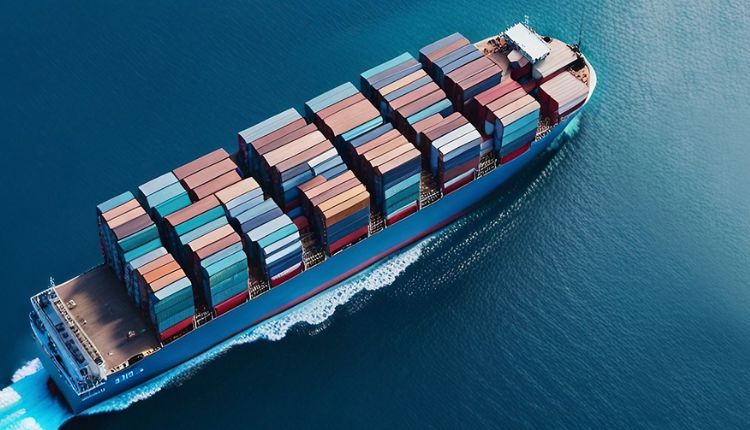
In the intricate tapestry of global trade, international shipping companies play a pivotal role, acting as the sinews connecting the continents. These companies are not just transporters of goods; they are enablers of economies, facilitators of global commerce, and architects of a connected world. This article delves into the multifaceted ways in which shipping companies are bridging continents, overcoming challenges, and shaping the future of global trade.
The Backbone of Global Trade
At the heart of international shipping is the movement of goods across vast oceans and through complex networks. These companies manage a logistical ballet, coordinating the transport of millions of containers annually. They connect producers in one continent with markets in another, enabling products like electronics ส่งของไปจีน from Asia to reach consumers in Europe, or agricultural products from South America to feed populations in North Africa.
Technological Innovations
The evolution of shipping technology has been pivotal in bridging continents more efficiently. The advent of larger, more eco-friendly container ships has increased capacity and reduced environmental impact. Moreover, advancements in navigation technology, automation, and digital platforms for tracking and managing cargo have streamlined operations, reducing transit times and enhancing reliability.
Economic Impact
International shipping companies are significant contributors to the global economy. By facilitating trade, they not only support businesses but also create employment opportunities in shipping, logistics, and related sectors. The efficiency of these companies directly impacts the cost of goods, influencing global trade patterns and economic policies.
Overcoming Challenges
Navigating the challenges of international shipping is no small feat. Companies must contend with geopolitical tensions, regulatory differences, and environmental regulations. The recent Suez Canal blockage highlighted the fragility and interconnectedness of global shipping routes. Shipping companies are constantly adapting, finding new routes, and negotiating international waters both literally and figuratively.
Sustainability and Environmental Responsibility
As guardians of the seas, shipping companies are increasingly aware of their environmental responsibilities. Many are investing in cleaner fuels, reducing emissions, and adopting practices that minimize their ecological footprint. This shift towards sustainability is not just a moral imperative but also a business necessity, as consumers and regulators demand greener logistics.
The Human Element
Behind the massive ships and containers are people – the crew, port workers, logistics managers, and many others who ensure the smooth functioning of this global machine. Shipping companies are investing in training and development, ensuring safety standards, and promoting fair labor practices. The human element remains crucial in an industry often characterized by its physical and mechanical enormity.
The Future of International Shipping
Looking ahead, shipping companies are poised to play a crucial role in shaping the future of global trade. With the rise of e-commerce, the demand for faster, more efficient shipping is growing. Companies are exploring innovative solutions like drone deliveries and autonomous ships. The Belt and Road Initiative by China and the development of new trade corridors are also reshaping the landscape.
Conclusion:
International shipping companies are more than just transporters of goods; they are the vital links that connect continents, cultures, and economies. Through technological innovation, economic contribution, and overcoming myriad challenges, these companies are not just bridging physical distances; they are weaving the fabric of a globalized world. As they navigate the future, their role in fostering sustainable, efficient, and equitable global trade will be more significant than ever.









